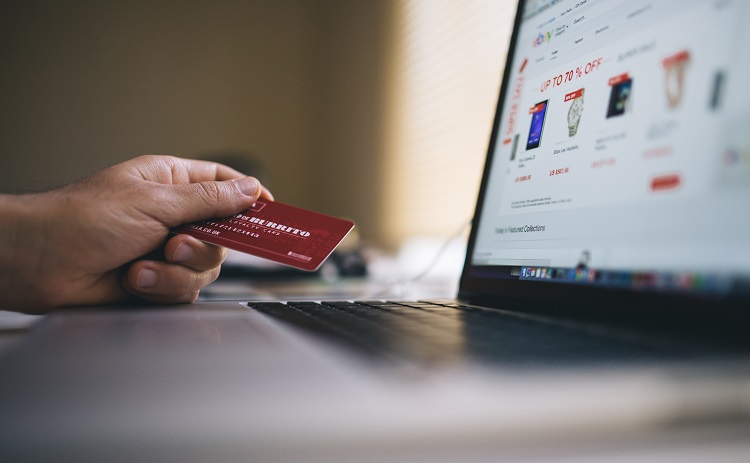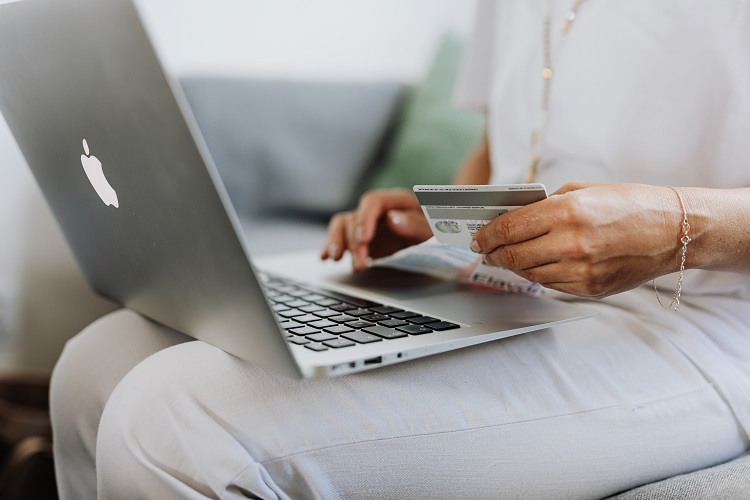Buying things online is a very popular form of doing business these days. A lot of companies do it because it’s easier and cheaper than having to deal with retail shops and employees. Unfortunately, this also means that customer payment data is a company’s most prized possession.
If you’re not taking the proper precautions to protect it, you’re putting yourself at risk for a breach which can be disastrous for any organization. Keeping your customers’ payment info safe should be one of your top priorities. This article will explore some ways that you can keep your customers’ payment info secure.

1) Use Approved Services And Equipment
One of the first and most common ways to keep payment information safe is to use approved services and equipment. To do that, you need to make sure that all of your software is PCI compliant. Have you ever wondered what is PCI compliance? Well, the term is used to describe any company that processes, stores or transmits cardholder data.
This compliance ensures that your company’s data is secure, which means you’re less likely to be hacked. It also decreases the risk of any legal action against you for mishandling customer payment information.
2) Use Secure Connections
Another good option is to use secure connections when you’re accepting payments. To do this, most companies prefer to work with a payment gateway that offers encryption technology. Encryption scrambles personal information so that hackers can’t access it.
Some sites offer this technology for free while others charge a small fee. In the long run, this might be worth it because you’re protecting your data from being accessed by untruthful parties.
3) Use Security Systems And Procedures
Another good idea is to invest in a security system and enforce security procedures that ensure customer payment information remains safe. This will probably come in the form of a secure server that enables you to keep customer data private.
If you are using an outside company to process payments, make sure they are reputable. You might also want to consider investing in a payment terminal or credit card reader machine that encrypts or scrambles customer data so it isn’t accessible if the machine is stolen or lost.
4) Use A Reliable Hosting Service
To keep your payment data safe, it is recommended that you use a reliable hosting service. If you’re not sure which one to use, check with your payment gateway provider since they usually offer reliable hosting services. There are several reasons you might want to use a hosting service.
Not only does it keep customer data safe, but it can also speed up your website and provide more storage space if needed. It will also ensure that your site is always available since the hosting provider maintains servers for their clients 24/7.
5) Keep Track Of All Vulnerabilities And Address Them Quickly

If vulnerabilities are found on your website, you should address them as quickly as possible. This means keeping a close eye on the vulnerabilities that others have discovered and fixing them immediately. If any of your customers report a security problem or vulnerability, make sure to resolve it quickly so you aren’t putting your customers’ payment info at risk.
6) Backup Your Data
Another way to keep customer payment info safe is to back up your data. This will ensure that you don’t lose any important files if there is an attack on the server and it goes down. Backing up your data also helps with day-to-day operations, such as preparing monthly reports or retrieving old website content that needs to be referenced.
7) Use Anti-Malware And Spam Filtering Software
To keep customer payment info safe, it’s also a good idea to use anti-malware and spam filtering software. This is important because you don’t want hackers gaining access to your customers’ personal data through your website. Computer viruses are most commonly spread by infected email attachments or links on websites. Make sure you have a reliable antivirus program installed on your computer and keep it up to date so you don’t get any nasty surprises from hackers sending viruses through email attachments or websites.
In order to really protect customer data, it’s essential that companies use caution when storing payment information. Sometimes, vital information is stored in unsecured areas of the website and ends up falling into the wrong hands. This is why it’s so important to invest in secure hosting services, security systems, and antivirus software that will keep customer data safe and out of the hands of cybercriminals.



















